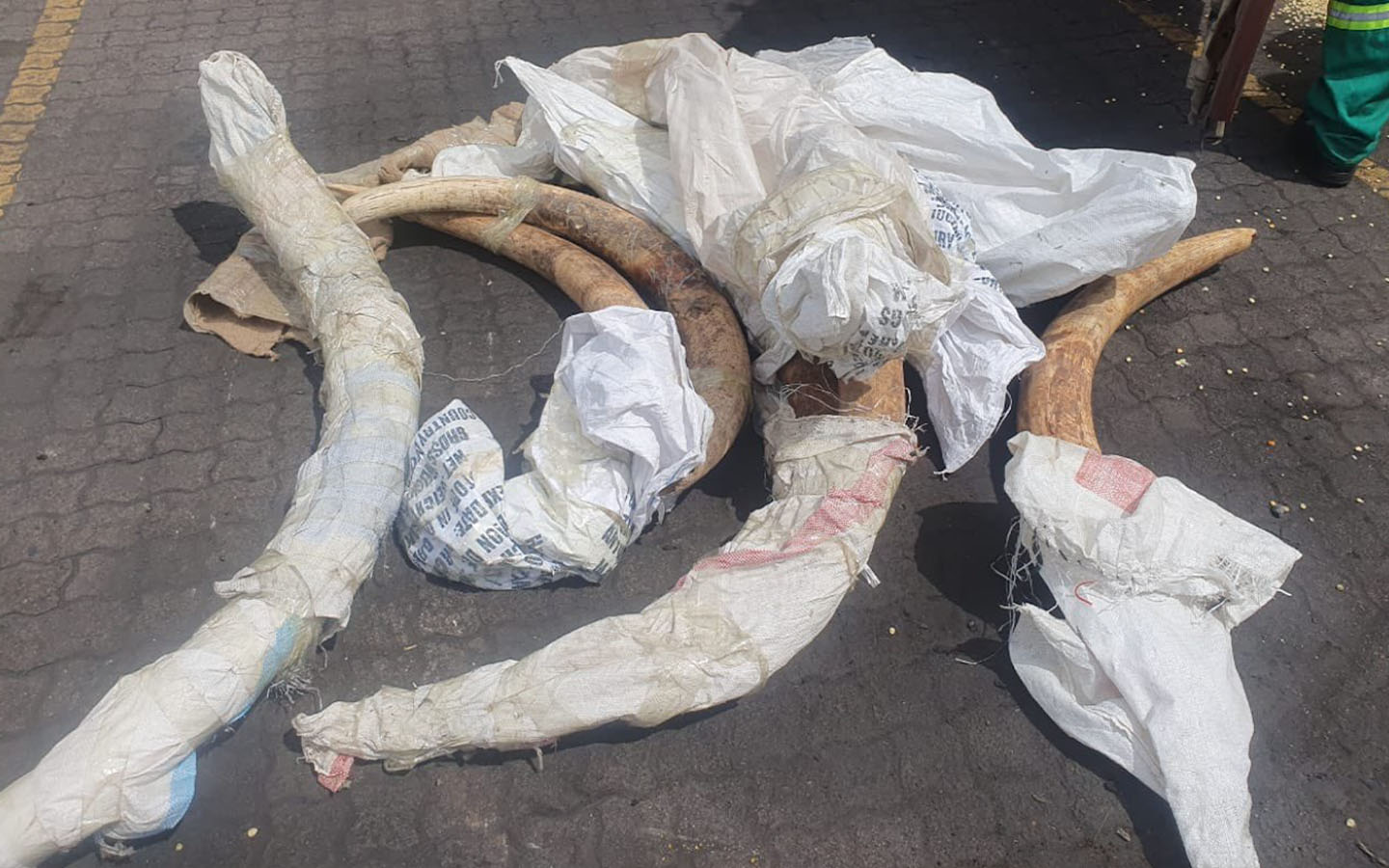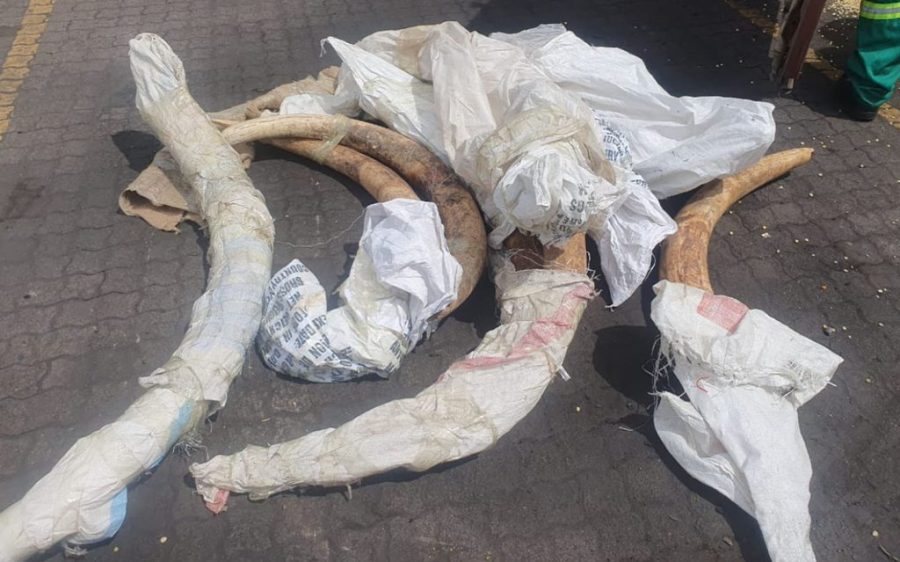A joint task force in Mozambique has seized a shipping container containing 651 pieces of ivory hidden among sacks of corn, reports say.
The shipment was bound for Dubai, however the UAE has no domestic market for ivory, according to its government. Instead, it serves as a transit point in order to circumvent efforts to crack down on the trafficking of ivory from Africa to East Asia.
The operation comes nearly six years since the last major seizure by Mozambican authorities of 3,354 kilograms of ivory, also secreted away in a shipping container in Maputo, the country’s biggest port. The pieces found this month amount to less than 2,000 kilograms.
The International Fund for Animal Welfare (IFAW) applauded the joint task force behind the seizure, which comprised officials from the National Investigation Service and the Mozambican Tax Authority.
[See more: Angola takes major step toward repopulating its national parks]
The IFAW also called for a thorough investigation, noting that such a large shipment of ivory was “evidence that the criminal network driving the illegal wildlife trade remains a threat to global conservation efforts.”
Poaching has long been a serious threat to wildlife in Mozambique. During the 15-year-long civil war, some 90 percent of elephants in the country were killed for their ivory, which was then sold to finance the war effort.
More than 30 years later, the scars of conflict are still seen in the proliferation of tuskless female elephants – a seemingly critical adaptation for a species that depends on matriarchs. However, the adaptation comes at a price. Researchers discovered that there are two genes that allow for tusklessness – one dominant and one recessive – but inheriting the recessive gene is fatal for male offspring.
Their study, conducted in Mozambique’s Gorongosa National Park, noted that the elephant population in the park is recovering now that poaching has stopped. But researchers cautioned that the effects of such prolific poaching “are going to take generations to erase.”






